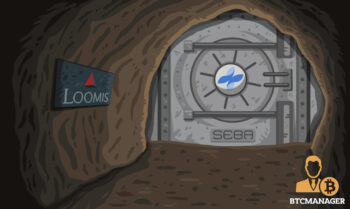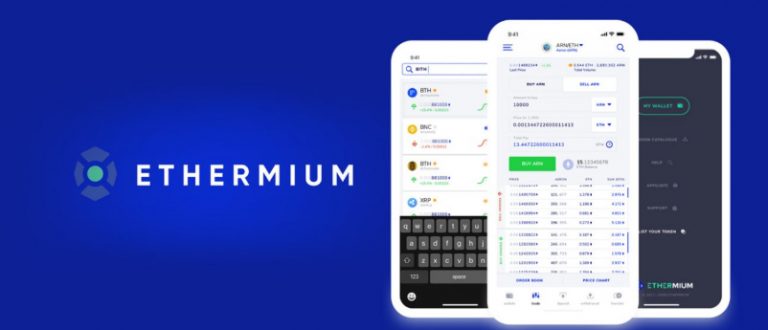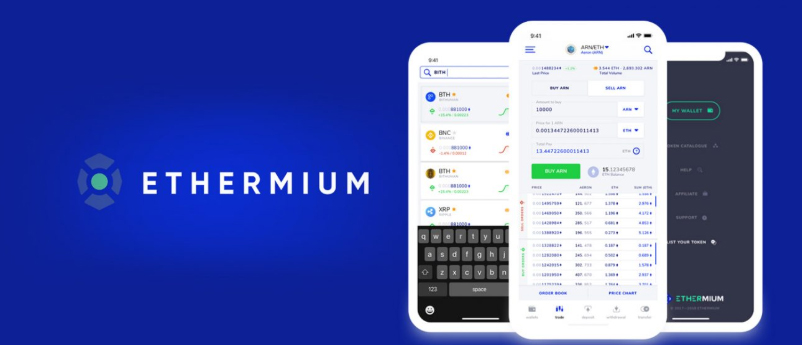2018-12-1 19:18 |
Storing cryptocurrencies can be a complex issue, especially when it comes to the safety and security of coins. With ten years of constant development behind it, the crypto space can offer multiple solutions. Despite the fact that experts believe that we have only scratched the surface of these technologies' potential, some of those solutions can already be quite complex and difficult to understand without a proper explanation.
While even the most experienced investors can sometimes have difficulties in handling this, the situation is even more difficult for newcomers to the crypto space. In order to help them deal with this, we will now explain two ways of storing cryptocurrencies — custodial and non-custodial wallets.
Custodial Wallet ServicesThe first thing to understand about custodial wallet services is that they include most of the modern cryptocurrency exchanges, brokerages, as well as trading platforms. These wallet services are third parties that are offering to protect users' assets within their systems. In a way, they operate similarly to traditional banks in this regard.
Of course, this similarity deepens in a negative way for the crypto users, because they are never in full control of their coins if they use a service such as this. Let's explain this through an example.
Coinbase, for instance, is an exchange and brokerage that allows its users to store cryptocurrencies within their own wallet. While there are some users that assume that this wallet is a non-custodial one, this is not correct. So, how do services such as Coinbase control your assets?
For example, two weeks ago, there was a BCH hard fork that received a lot of attention. While it had numerous negative consequences, many users experienced problems prior to the hard fork itself. This happened due to the fact that third-party services such as Coinbase decided to halt BCH trading and managing. Users discovered that they are unable to send or receive BCH.
Furthermore, Coinbase also decided that its wallet will disperse BSV funds in the future. What this all means is that, if you decide to use Coinbase wallet, you have to wait for Coinbase to decide when trading should or shouldn't be done. The same goes for any other third-party service of this kind.
There is no doubt that there are advantages to what Coinbase did on behalf of its users. They halted BCH transactions until the chain split was performed, and they stored the coins safely, enabling their users to immediately continue trading after the split was done without having to worry about sending two types of coin or experiencing replay attacks.
However, while this may be useful and beneficial for some users, others simply do not wish to have their funds and capabilities managed by another entity. This is why most of them joined the crypto space in the first place since they were not satisfied with their banks. This is where non-custodial wallet services come in.
Non-Custodial Wallet ServicesNon-custodial wallet services are basically completely opposite of what custodial services have to offer. These are services that provide you with your own private key, for which you are in charge. You will either receive a file or will be asked to write down a mnemonic phrase. This is a sort of password that consists of 12-24 random words.
Apart from that, users have 100% control over their funds, as well as over what happens with said funds. If we once again use Bitcoin Cash hard fork as an example, those using non-custodial wallets discovered that they can do whatever they want with their BCH. This was true before, during, and after the hard fork. They also ended up having a complete ownership over their BSV and BCH. They also had the ability to split their BCH and BSV after the chain split occurred.
While those who choose this type of wallet do have full control over their funds, they also have full responsibility for their funds' safety. This means that they are accountable for every action they make and that there is no one else to blame if something happens to their funds due to carelessness.
In the end, there is no simple way to decide which of these two services is better. It all depends on each individual person. If you are someone who doesn't want anyone else to decide whether you should trade a specific coin in a specific moment, then non-custodial wallet service is the best thing for you. However, remember that you are also responsible for your funds' safety, as well as the safety of your keys. Do your research on how to best protect the funds before choosing this option, as one wrong step can have very large consequences.
origin »Bitcoin price in Telegram @btc_price_every_hour
Emerald Crypto (EMD) на Currencies.ru
|
|


















